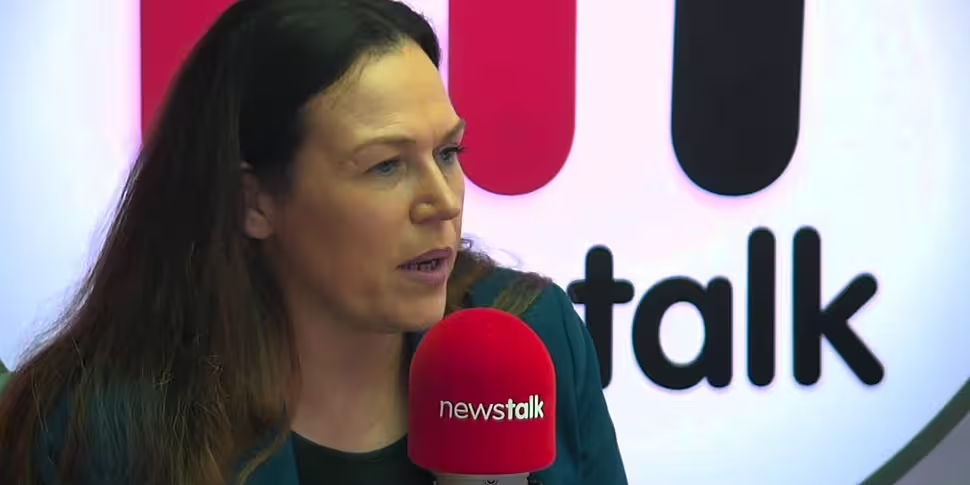Sinn Féin TD Louise O’Reilly has spoken about her experience of endometriosis, saying the pain could be "crippling".
Over the last few weeks, Lunchtime Live has been speaking to women about their experience of endometriosis - a relatively common condition that affects around one-in-ten women in Ireland.
The condition sees tissue - similar to the tissue that lines a woman’s womb - growing outside the womb and impacting on the ovaries, fallopian tubes, bladder and bowels.
Women have spoken about not only the debilitating pain the condition can cause, but also the challenges in actually getting diagnosed in the first place.
Deputy O'Reilly told Lunchtime she was diagnosed when she was in her early 20s.
She observed: "There is a scale, and I was not on the severe end of it - I have nothing but admiration for women who are... and can continue to go about their daily life.
“The pain you would be in is debilitating. You can’t walk and you can’t move.
“What I found… the pain was excruciating, and the pain could be anywhere. That’s the thing that sometimes confuses doctors."
The Sinn Féin TD said she fully understands not all GPs can be trained to detect this issue, but it can still be challenging to go into a doctor's surgery with "nothing you can physically show" to illustrate the level of pain involved.
She said one of the worst parts was not knowing exactly when the pain would flare up.
She said: "[It] impacts on every aspect of your life. I had my daughter when I was quite young… in our 20s, we were raising a small child.
"There were times when I just couldn’t do stuff because I was in pain. You don’t feel like you can go out because you don’t know how much worse it’s going to get.”
Other times she was in so much pain her husband would have to lift her up and help her.
She said she could only describe it to doctors like her "insides were being put through a mincer".
Sinn Féin TD Louise O’Reilly has spoken about her experience of endometriosis, saying the pain could be "crippling". pic.twitter.com/3TEgMRzonx
— NewstalkFM (@NewstalkFM) January 26, 2022
Diagnosis
Louise was attending a Well Woman clinic when she was experiencing symptoms, and from there she was referred to Holles Street.
Despite some delays due to long public waiting lists, samples were eventually taken and she received her diagnosis.
The condition itself proved particularly debilitating when she was in her 20s, before easing somewhat in her 30s.
Louise, who is now 48, noted: "I’ve since used long-acting reversible contraceptives, and I don’t suffer as much with it which is great.
"I’m coming to a stage in my life now - and something else we should talk about I suppose is menopause - that it will be over."
With figures showing as many as 10% of women experience the condition, Deputy O'Reilly believes there should be more treatment centres and specialist units around the country.
She said: “We have 19 maternity units, and one or possibly two endometriosis units.
"If it’s 10% of the population… yeah, I think [we should have] a place where women can go and know they’re talking about an expert.
"We’ll be having this conversation in 20 years' time if there isn’t somewhere to go.”
She said this isn't about having centres of excellence everywhere, but instead just having specialists at a more local level.
She also believes it's important to continue talking about it so women know "they're not the only one", and also suggested an awareness campaign could be run to ensure GPs are more aware of the issue.









